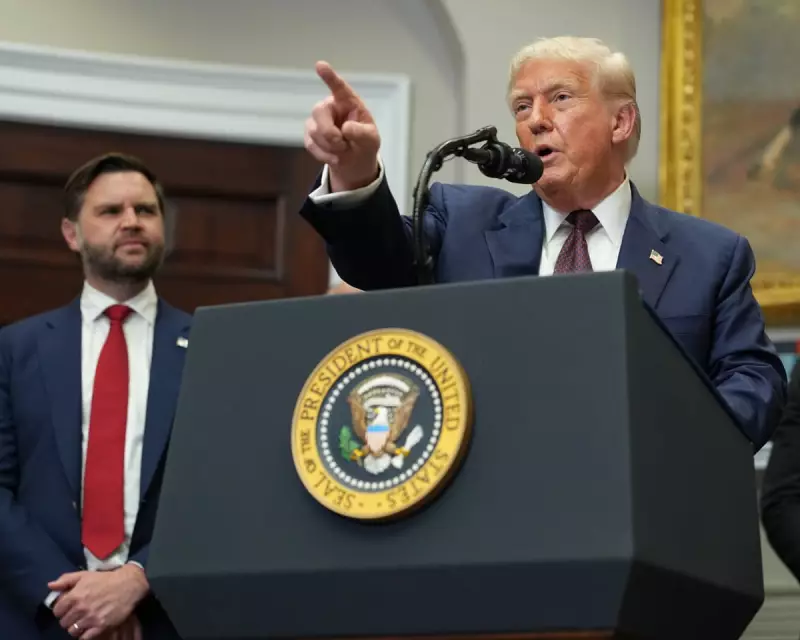
In a move mirroring US trade policies under Donald Trump, Australia has introduced a series of tariffs on key imports, raising fears of escalating global trade tensions. The decision, announced earlier this week, has drawn sharp reactions from economists and trading partners alike.
What’s Behind Australia’s New Tariffs?
The Australian government has justified the tariffs as a protective measure for domestic industries, citing unfair competition from overseas markets. However, critics argue that the policy risks retaliation and could harm the country’s export-driven economy.
Economic Experts Sound the Alarm
"This is a dangerous precedent," warned Dr. Emily Harris, a senior trade analyst at the University of Sydney. "While protecting local jobs is important, tariffs often lead to higher consumer prices and strained international relations."
Potential Fallout for Global Trade
The move comes amid growing concerns over protectionist policies worldwide. With major economies like the US and EU already engaged in trade disputes, Australia’s decision could further destabilise fragile supply chains.
- Increased costs for Australian consumers
- Possible retaliation from trading partners
- Pressure on key export industries like mining and agriculture
As the situation develops, businesses and policymakers are bracing for potential disruptions to Australia’s $668 billion trade economy.





